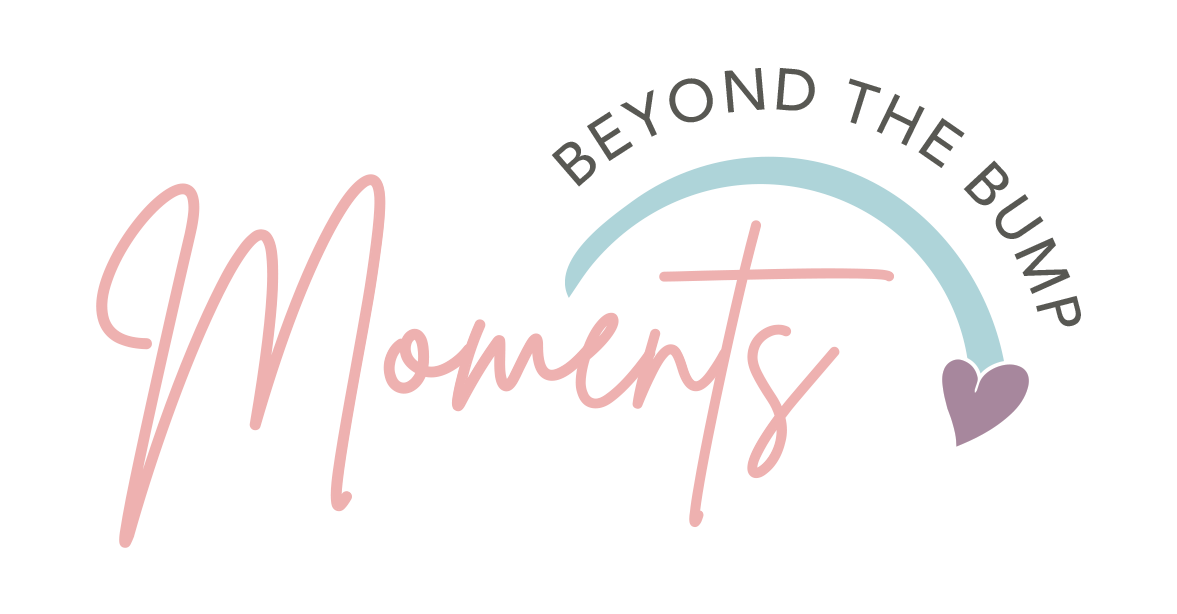The Controversy of Bed-Sharing
Bed-sharing, or co-sleeping, with your baby is a topic that sparks intense debate among parents, healthcare professionals, and parenting experts. For some, it's a natural and comforting way to bond with their baby; for others, it's a practice that raises serious safety concerns. As a sleep consultant, I’m here to unpack the controversy surrounding bed-sharing, provide insights into the risks and benefits, and help you make an informed decision that’s right for your family.
The Appeal of Bed-Sharing
For many parents, the idea of bed-sharing is appealing for several reasons:
Bonding and Closeness: Bed-sharing can create a strong bond between parents and their baby. The proximity allows for immediate comfort, feeding, and connection throughout the night.
Convenience for Nighttime Feeding: Especially for breastfeeding mothers, having the baby close by can make nighttime feedings easier and less disruptive, leading to more rest for both mom and baby.
Cultural and Familial Practices: In many cultures around the world, bed-sharing is the norm. For some families, it’s a tradition passed down through generations.
Peace of Mind: Some parents feel more secure having their baby close, allowing them to monitor their baby’s breathing, temperature, and overall well-being throughout the night.
The Risks of Bed-Sharing
Despite the emotional and practical benefits, bed-sharing also comes with significant risks that have led to strong warnings from many health organizations, including the American Academy of Pediatrics (AAP):
Increased Risk of Sudden Infant Death Syndrome (SIDS): Studies have shown that bed-sharing increases the risk of SIDS, especially if parents are smokers, have consumed alcohol, or are extremely fatigued. The risk is also higher for premature babies or those with low birth weight.
Accidental Suffocation or Strangulation: Babies can accidentally suffocate if a parent rolls over onto them, or if they become trapped between the mattress and the wall, headboard, or bedding. Soft mattresses, pillows, and blankets can also pose a suffocation hazard.
Falling: There’s a risk that the baby could fall off the bed, which can lead to injury.
Overheating: Sharing a bed can lead to overheating, which is another risk factor for SIDS. Babies should be kept at a comfortable temperature, which can be difficult to manage when bed-sharing.
Why Sleep Consultants Cannot Advise Bed-Sharing
For all of these reasons, sleep consultants cannot advise bed-sharing. Our primary goal is to promote safe sleep practices that reduce risks and ensure the well-being of your baby. While we understand the appeal of bed-sharing for many parents, the safety concerns associated with it are too significant to ignore. As professionals, we are committed to recommending practices that align with the safest sleep environments possible.
Finding a Middle Ground: Room-Sharing
For parents who want to keep their baby close but are concerned about the risks of bed-sharing, room-sharing is a recommended alternative. The AAP advises that babies sleep in the same room as their parents, but on a separate sleep surface, like a crib or bassinet, for at least the first six months. This allows you to be close to your baby while significantly reducing the risks associated with bed-sharing.
Tips for Safer Bed-Sharing
If you do decide to bed-share, it’s crucial to follow these guidelines to make the environment as safe as possible:
Use a Firm Mattress: Avoid soft surfaces like couches, sofas, or recliners.
Keep Bedding Minimal: Remove pillows, blankets, and stuffed animals from the sleep area.
Avoid Alcohol and Smoking: Ensure that anyone sharing the bed is not under the influence of alcohol or any substances that could impair awareness.
Sleep Position: Place your baby on their back to sleep, and make sure their head is uncovered.
Making an Informed Decision
The decision to bed-share is a deeply personal one, influenced by cultural beliefs, parenting philosophies, and individual family needs. It’s important to weigh the benefits against the risks and to consider expert recommendations when making your choice. If you’re unsure or need guidance, consulting with a healthcare provider or a sleep consultant can provide clarity and support.
Remember, the ultimate goal is to ensure both you and your baby have a safe and restful night’s sleep, whatever choice you make. As sleep consultants, we’re here to support you in creating a sleep environment that prioritizes safety and well-being above all else.
